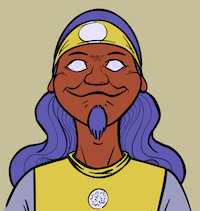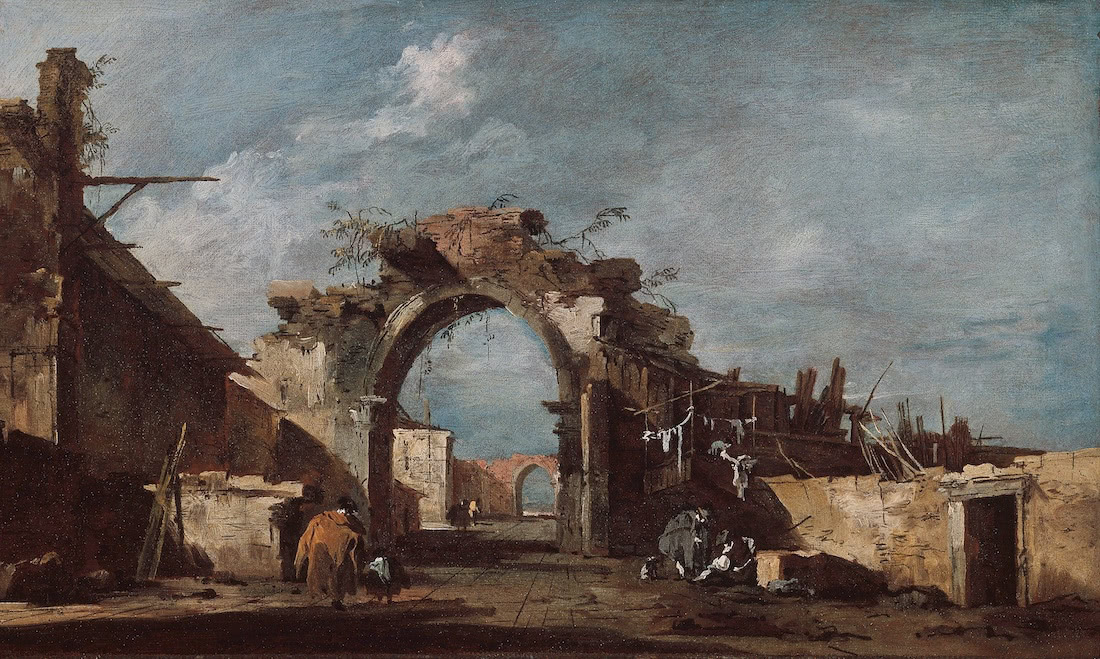A brand new monster is hiding in plain sight, stealing your precious thoughts. Mr Vekyl has a new guest post.
This idea has been floating around in my head for a while, inspired by actual research1 that suggests that walking across physical thresholds acts as a cue for the brain to store and call up location-specific thoughts, which often results in forgetting why you walked into a room. Threshers are primarily meant for Science Fantasy games, but with a few tweaks, they would work in a Horror setting as well.
Incidentally, a day after writing up the original version of this creature, the Ninth World Bestiary 3 came out and introduced the “dreamslake”, which skews incredibly close to this. I’ve done my best to differentiate the thresher without changing the original concept.
THRESHER Level 5
If you’ve ever walked into a room and couldn’t remember why you walked in, you may have simply suffered a brief memory lapse - or you may have had a run-in with a thresher. Threshers live solitary lives along the boundaries between spaces, which can be weak points between planes of existence or actual physical doorways. Always partially out of phase, they are adept at hiding in plain sight while snatching errant thoughts from individuals that cross their path.
Threshers prefer high traffic areas like markets and taverns, where they steal surface thoughts from a large number of people. This increases their intelligence and slakes their curiosity, all while causing them to take on the averaged characteristics of their unwitting victims. Rare threshers that choose to live in remote areas are the most dangerous - they will feed on solitary individuals repeatedly until the person goes mad, wandering back and forth across the thresholds of their home, unable to recall what it was they were trying to do.
Motive: Feed on thoughts, remain undetected
Environment: Urban high traffic areas like taverns, solitary homes in out of the way places (rare)
Health: 16
Damage Inflicted: 4 (see Combat)
Movement: Short
Modifications: Defends as level 6 from being out of phase; hiding and knowledge of the local population as level 7
Combat: A thresher prefers to stay hidden, and will go to great lengths to remain so. If it suspects its existence is known by a hostile threat, it will attempt to secretly steal that knowledge to protect itself. The target must succeed on a level 5 Intellect defense roll (possibly modified by surprise) or forget everything they know about the thresher, falling one step down the damage track from the mental trauma. If its existence continues to be threatened, it will flee, often to another place known to several of its victims.
It will fight only if cornered, sending out mental bolts at short range dealing 4 Intellect damage (ignores Armor). The thresher can attempt to rip out chunks of an attacker’s memory once every few rounds, dropping them one step down the damage track if they fail an Intellect defense roll. Alternatively, it can attempt to copy a PC’s ability. The PC must be an immediate distance away and succeed on an Intellect defense task, or have an ability (chosen by the GM) copied. For the next minute, the thresher can use the copied ability once each round in addition to its normal action. Only one ability may be copied at a time.
Interaction: Threshers are incredibly shy, but if approached privately with offerings of interesting thoughts or secrets, they can be convinced to talk. They can establish telepathic links to communicate, using a conglomeration of stolen thoughts as a makeshift language. Those that live off solitary targets or small groups often sound exactly like the handful of people they’ve stolen thoughts from, and younger threshers may only be able to communicate vague impressions.
Use: Threshers can serve as sources of information, and ancient threshers may even capitalize on this and become information brokers. Those in out of the way places feeding off individuals can make for a more dangerous and weird encounter.
Loot: An outnumbered or defeated thresher may offer crucial information or the location of a stash of cyphers in return for sparing it.
Image: Art Station
-
A research paper by Gabriel A. Radvansky suggesting that walking through doorways is linked to memory loss - The Quarterly Journal of Experimental Psychology ↩


Comments